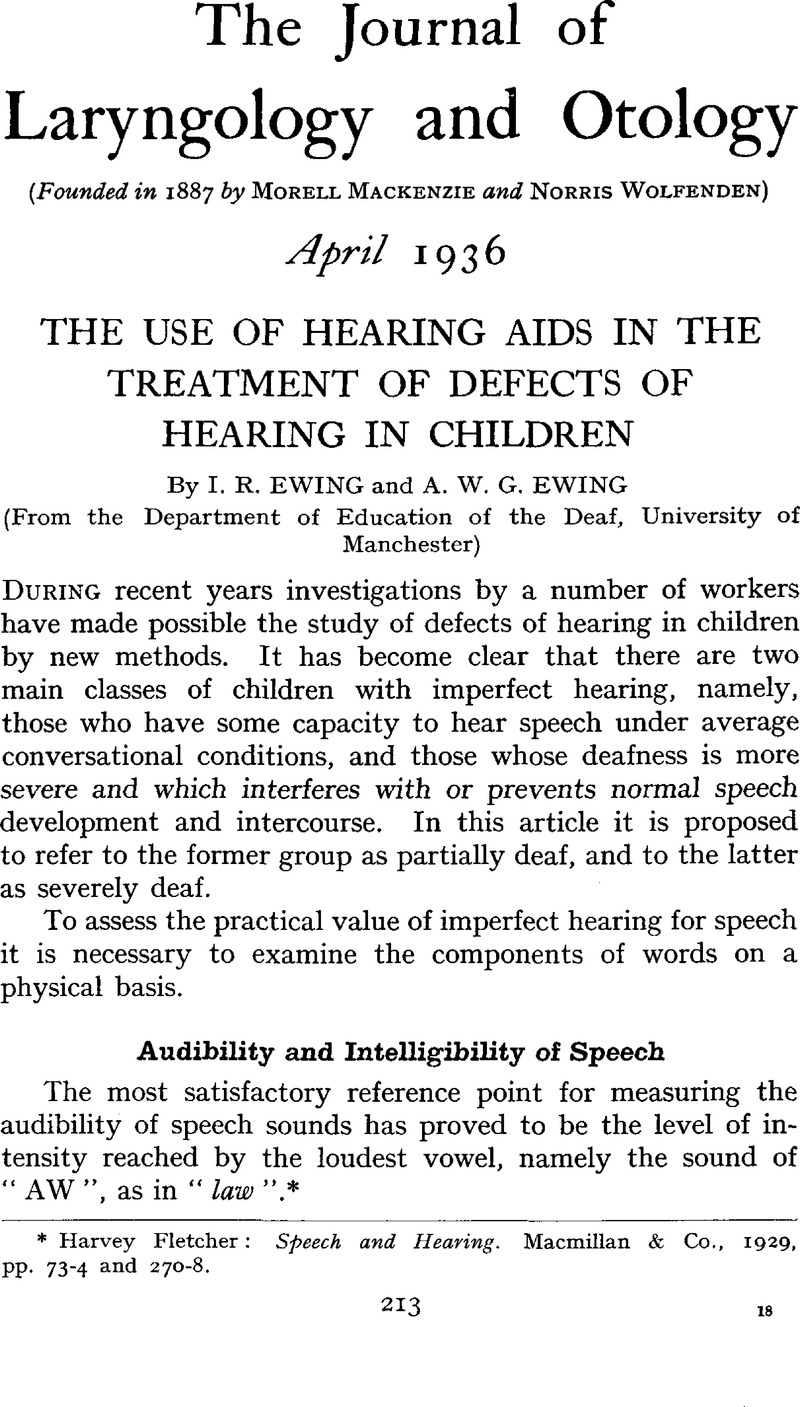Crossref Citations
This article has been cited by the following publications. This list is generated based on data provided by Crossref.
Ewing, A. W. G.
1956.
The Education of the Deaf: History of the Department of Education of the Deaf, University of Manchester, 1919–1955.
British Journal of Educational Studies,
Vol. 4,
Issue. 2,
p.
103.
Beckmann, G.
1962.
Das hörgestörte Kind.
Archiv für Ohren- Nasen- und Kehlkopfheilkunde,
Vol. 180,
Issue. 1,
p.
1.
Beckmann, G.
1968.
Pädiatrische Grenzgebiete Augen · Ohren · Zähne · Haut.
p.
105.
1977.
Specialist Professionals Needed.
British Journal of Audiology,
Vol. 11,
Issue. sup1,
p.
85.
Watson, T.J.
1980.
Disorders of Auditory Function.
p.
1.



